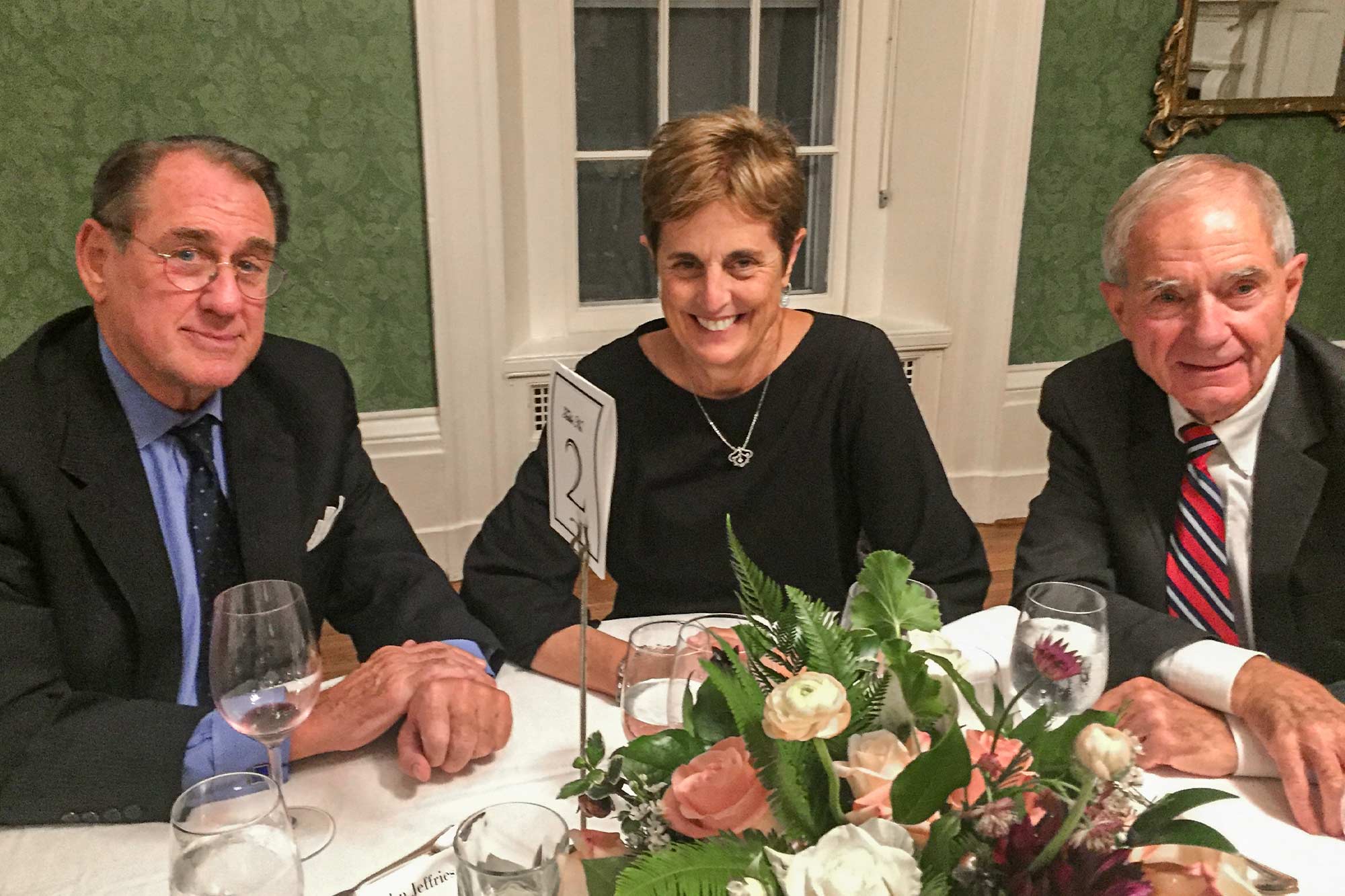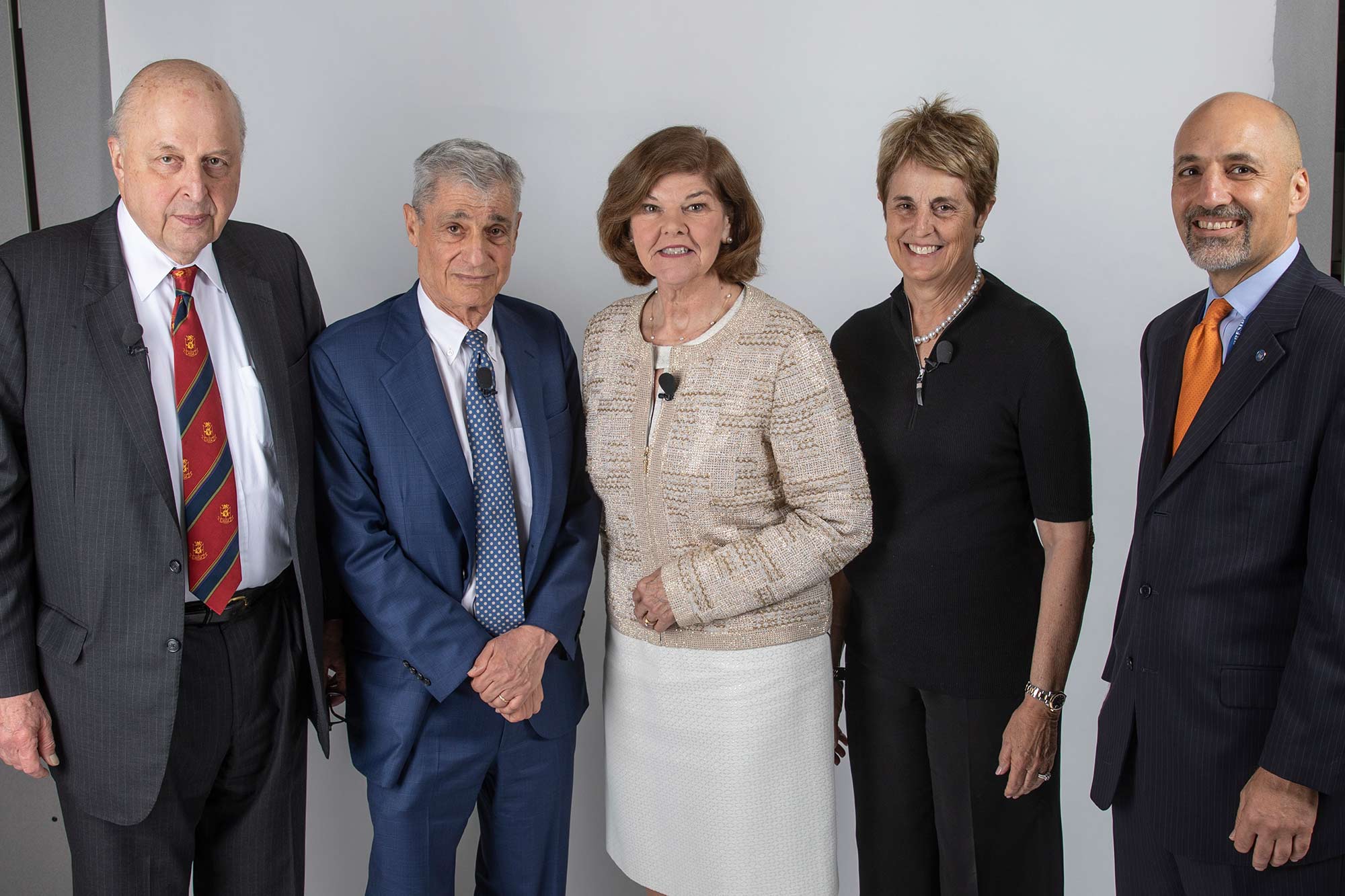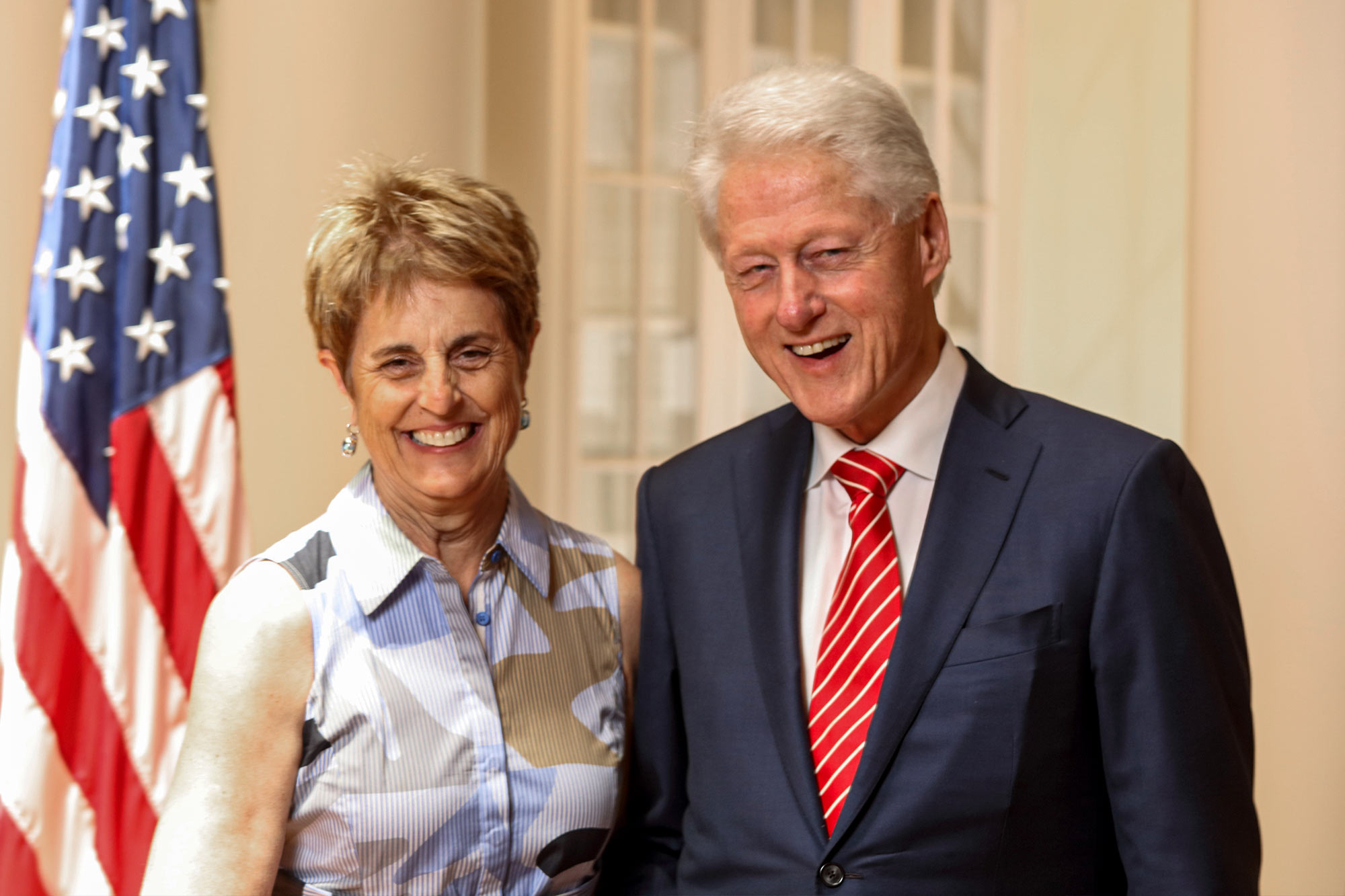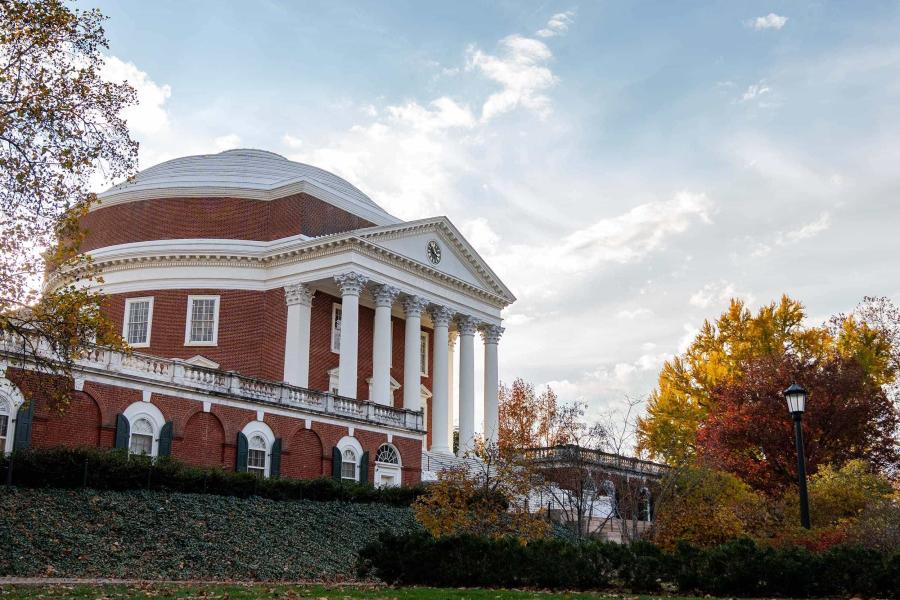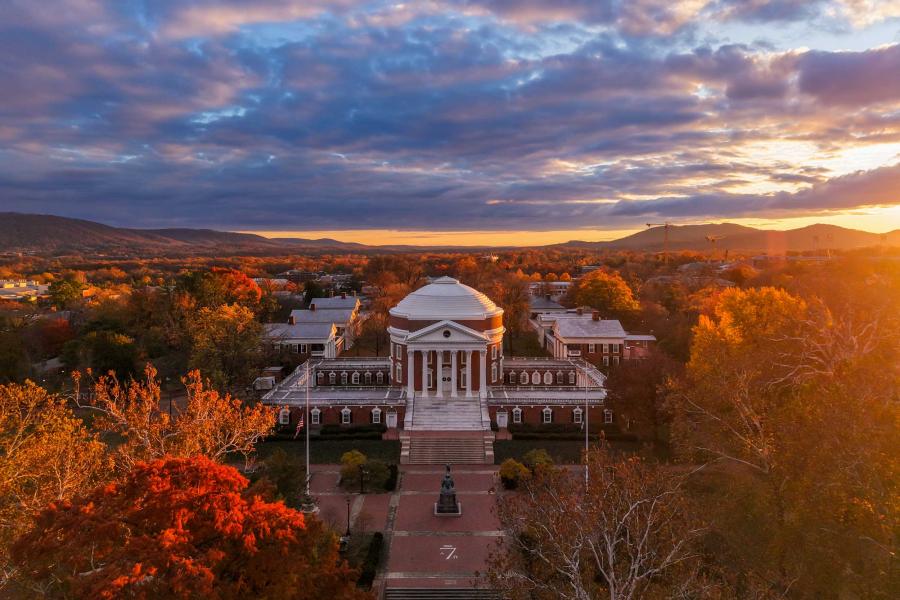In 2004, Handy was named a recipient of an Algernon Sydney Sullivan Award, which recognizes two graduating students and one non-student member of the University community each year for excellence of character and service to humanity.
“All of us who had the privilege of working with Alice Handy and knowing her,” Casteen said, “are better people for those experiences with her.”
Kristina Alimard, UVIMCO’s current chief operating officer, was hired by Handy to join her team in 2003. Like others who shared memories, Alimard emphasized Handy’s personal touch, describing her as “a champion for everyone in her orbit.”
“She invested in people, and was always quick to provide advice and mentorship to colleagues at UVIMCO and beyond,” Alimard said. “The long-term, relationship-based nature of endowment investing marries well with Alice’s natural ability to form strong and lasting connections with people. Alice would put people into situations where they could excel and achieve and had faith in others, even when they didn’t have faith in themselves.”
Handy spent three decades at the University of Virginia, but in reality, it was an opening act in her remarkable professional career. Her next step would elevate her as a prominent national figure in nonprofit institutional investing.
After departing UVA, Handy founded Charlottesville-based Investure, which provides outsourced investment services for nonprofit organizations that desired to partner with proven professionals to manage their endowments and foundations. Among its clients are private institutions such as Dickinson College and the University of Denver, the Henry Luce Foundation and the Carnegie Endowment for International Peace.
In a Bloomberg article about her retirement from Investure in 2018, one of Handy’s nonprofit investment management peers said she “created a whole industry at some level.”
About a decade ago, the magazine produced by her alma mater, Connecticut College, published a profile of its widely emulated and deeply respected alumna. Aside from recounting her career success, the author asked Handy what advice she might have for individual investors at that time.
Her response seemed to offer a synopsis of her investment philosophy and personality all at once.
“We all need to keep a long-term focus,” Handy told the magazine, “be disciplined about keeping our portfolios simple and understandable, and then go along for the ride.”
Handy is survived by her husband, Peter Stoudt, and her three children, Nick, Jenny and Abby.
